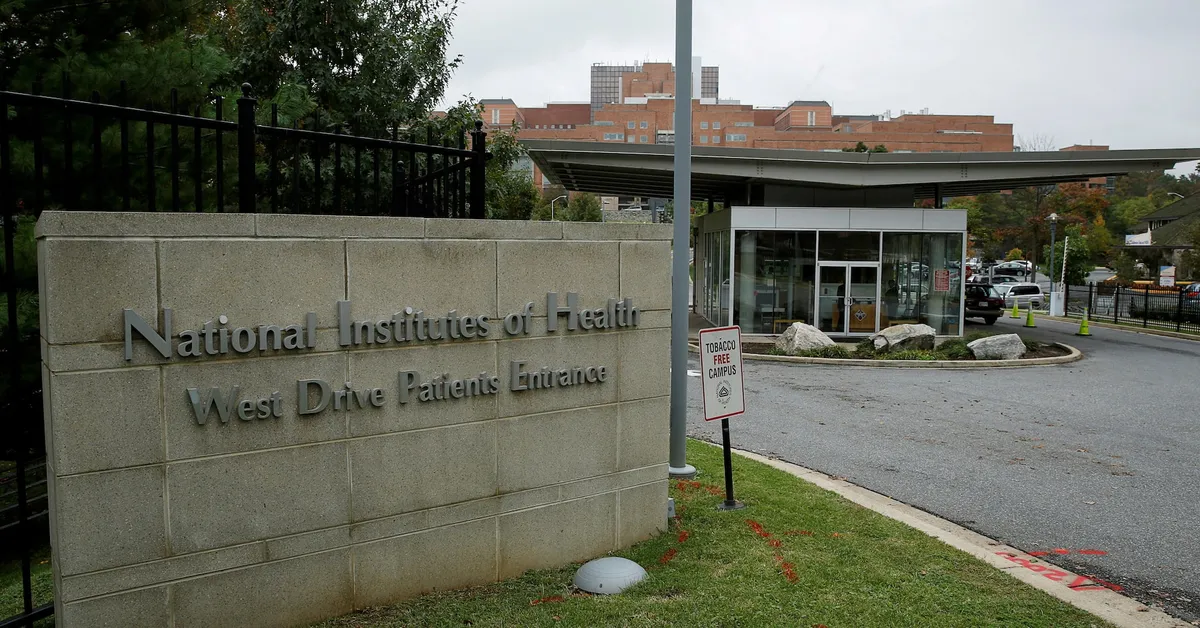
On March 5, 2023, a federal judge in Boston issued a significant ruling that prevents the Trump administration from implementing severe cuts to federal grant funding for research. This decision comes after concerns were raised by universities and Democratic-led states, highlighting that such cuts could result in layoffs, lab closures, and a reduction in crucial scientific and medical studies.
Judge Kelley, appointed by Democratic President Joe Biden, emphasized that the proposed policy would impact thousands of existing grants, amounting to billions of dollars across all 50 states. She described the abrupt changes made over a weekend as a unilateral decision that disregarded ongoing research and clinical trials, creating an imminent risk of halting life-saving clinical trials and disrupting the development of innovative medical research and treatments.
“The disruption caused by these funding cuts poses a serious threat to current patient care,” Judge Kelley noted, explaining her rationale for temporarily blocking the National Institutes of Health (NIH) from proceeding with the cuts initially announced on February 10. Following this, she extended the order while considering whether to issue a formal injunction.
Massachusetts Attorney General Andrea Joy Campbell, a leading figure in the litigation, hailed the judge's decision as a major victory for research institutions nationwide. Meanwhile, the Trump administration is expected to appeal the ruling, arguing that it acted within its legal discretion. The U.S. Department of Health and Human Services, which oversees the NIH, has opted not to comment on the ongoing litigation.
The funding cuts are part of a broader initiative by the Trump administration aimed at reducing federal spending and downsizing the federal workforce. Lawsuits were filed after the NIH announced on February 7 that it would significantly decrease the reimbursement rate for indirect costs related to research projects. This includes essential expenses such as laboratory space, faculty salaries, equipment, and infrastructure.
Democratic-led states, along with organizations like the Association of American Medical Colleges and the Association of American Universities, filed the lawsuits in response to the policy that disproportionately affects institutions lacking substantial endowments. Notably, elite universities like Harvard, Yale, and Johns Hopkins were highlighted for charging over 60% in indirect costs while having multibillion-dollar endowments.
The Trump administration's plan involved capping the reimbursement rate for indirect costs at 15%, a significant drop from the previous average of about 27% to 28%. NIH claimed this would save the government approximately $4 billion annually. However, during a court hearing on February 21, a Justice Department lawyer described the NIH's claims as a misunderstanding, indicating that the funds would not be saved but redirected towards new research grants.
In her ruling, Judge Kelley determined that the NIH's sweeping cuts violated the law. She referenced specific language in funding legislation passed by Congress since 2018, which was designed to restrict the NIH's ability to impose broad rate reductions. This legal framework was established after the Trump administration's first term proposed capping indirect rates at 10%. Kelley concluded that the newly proposed 15% cap not only contravened the law but also failed to meet necessary regulatory mandates and lacked sufficient justification from the Trump administration.
The ongoing legal battles over federal funding for research underscore the critical importance of maintaining financial support for scientific endeavors. As the situation evolves, the implications for research institutions across the country remain significant.
For further updates on this developing story, stay tuned to our news coverage.